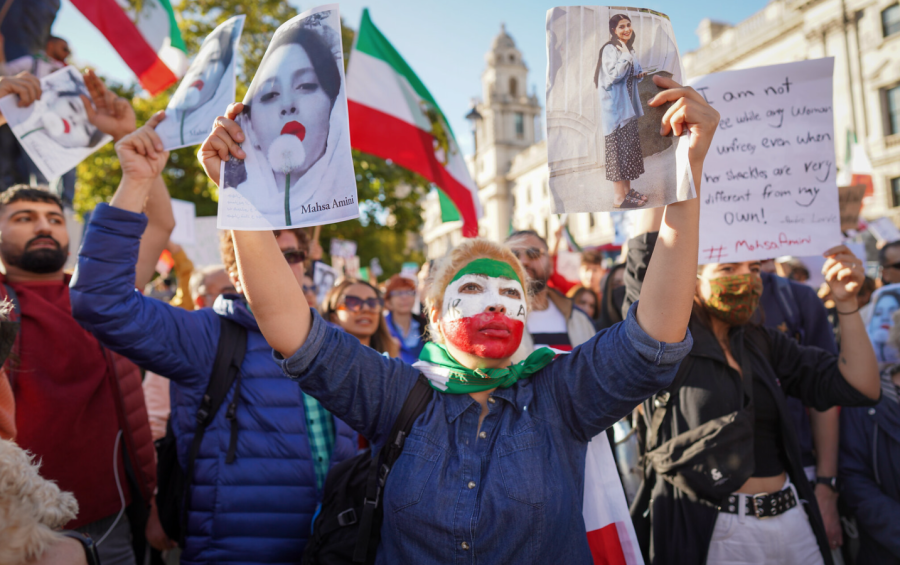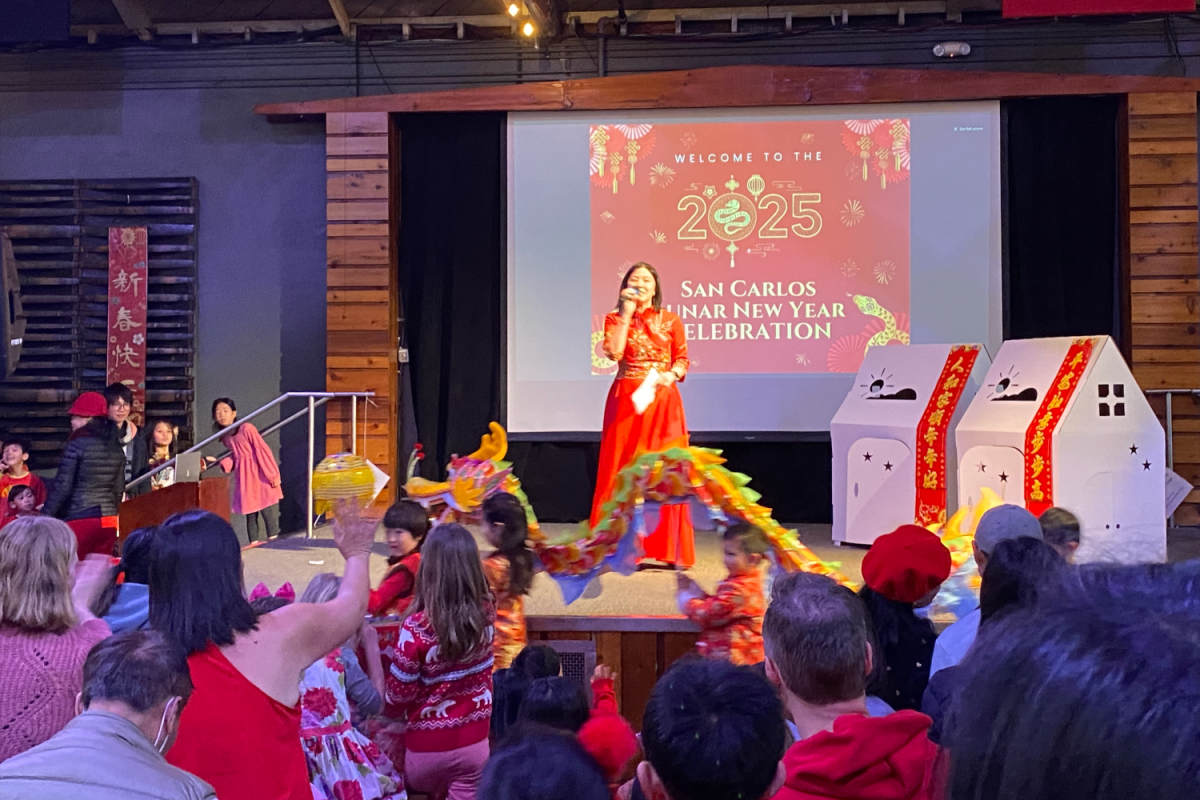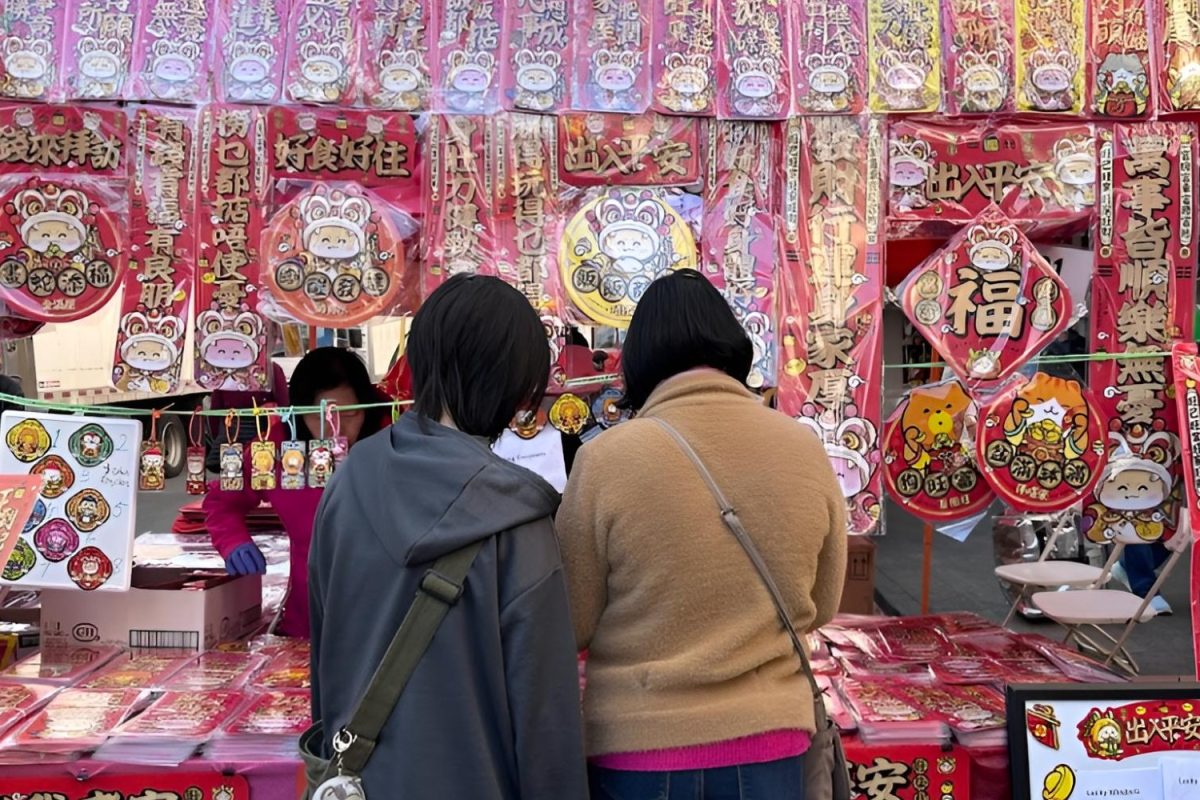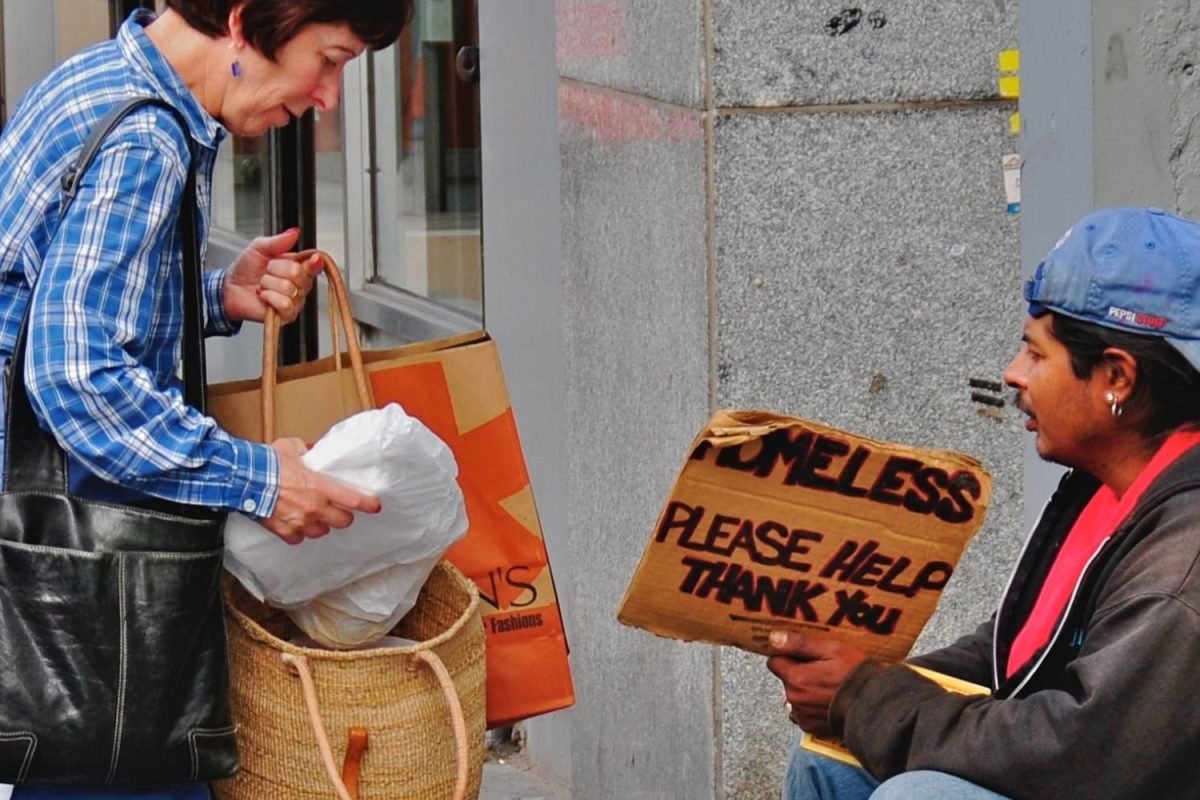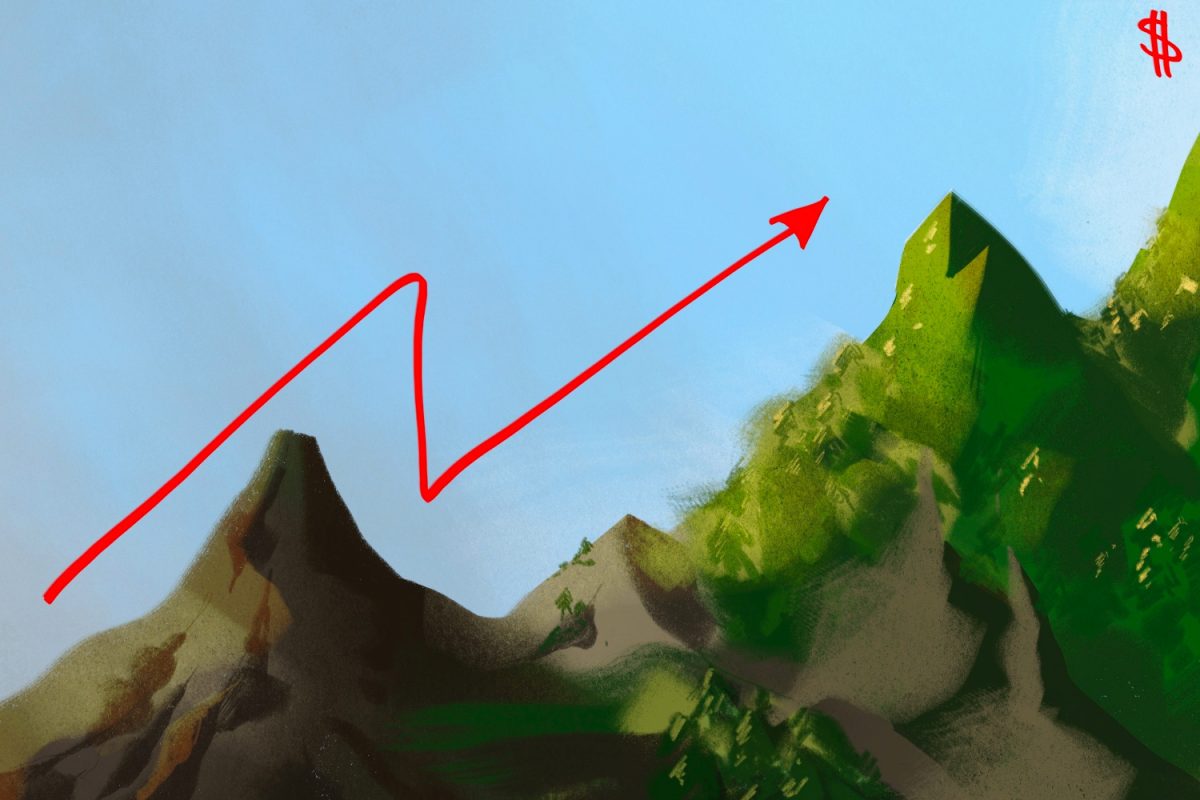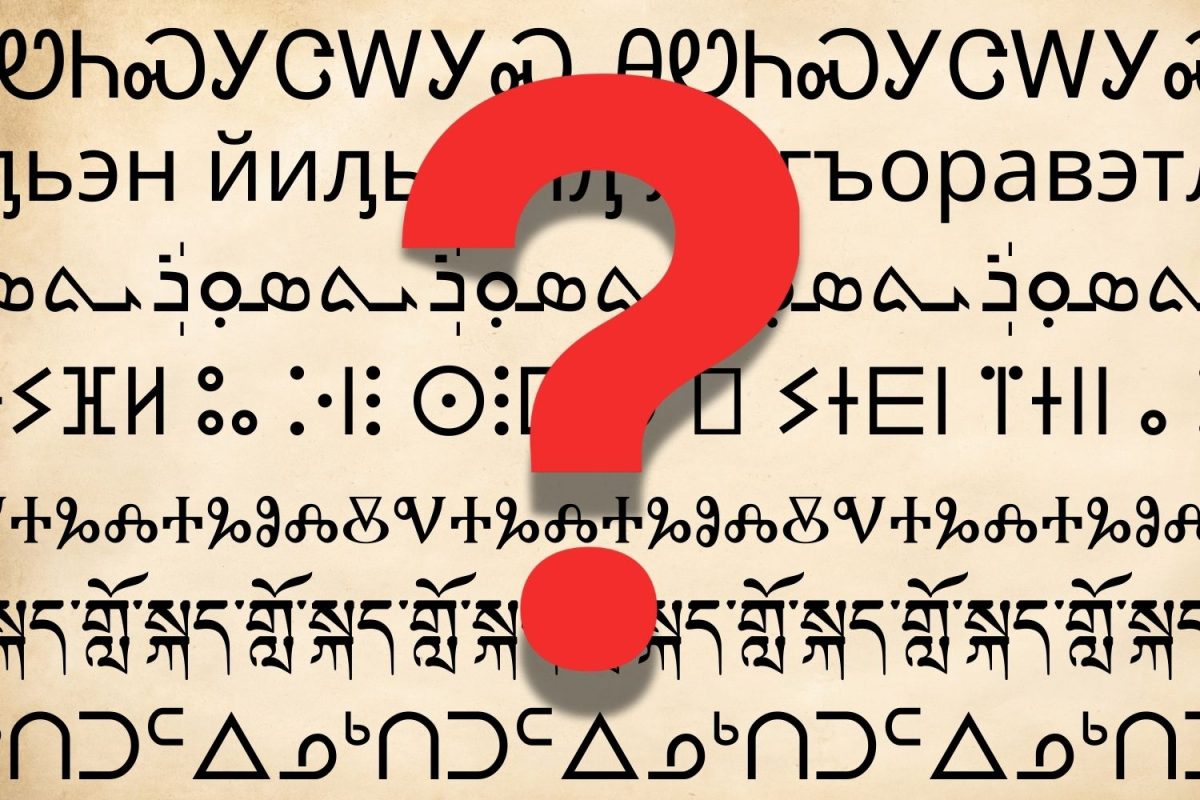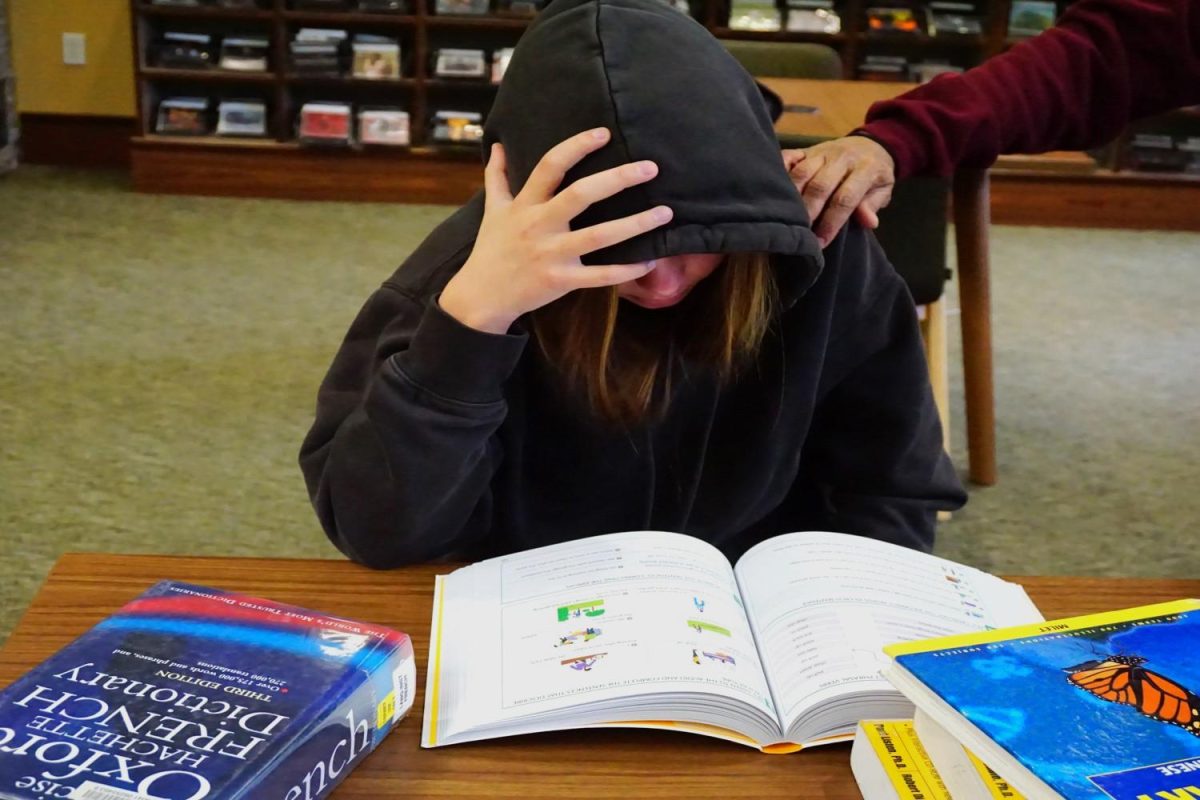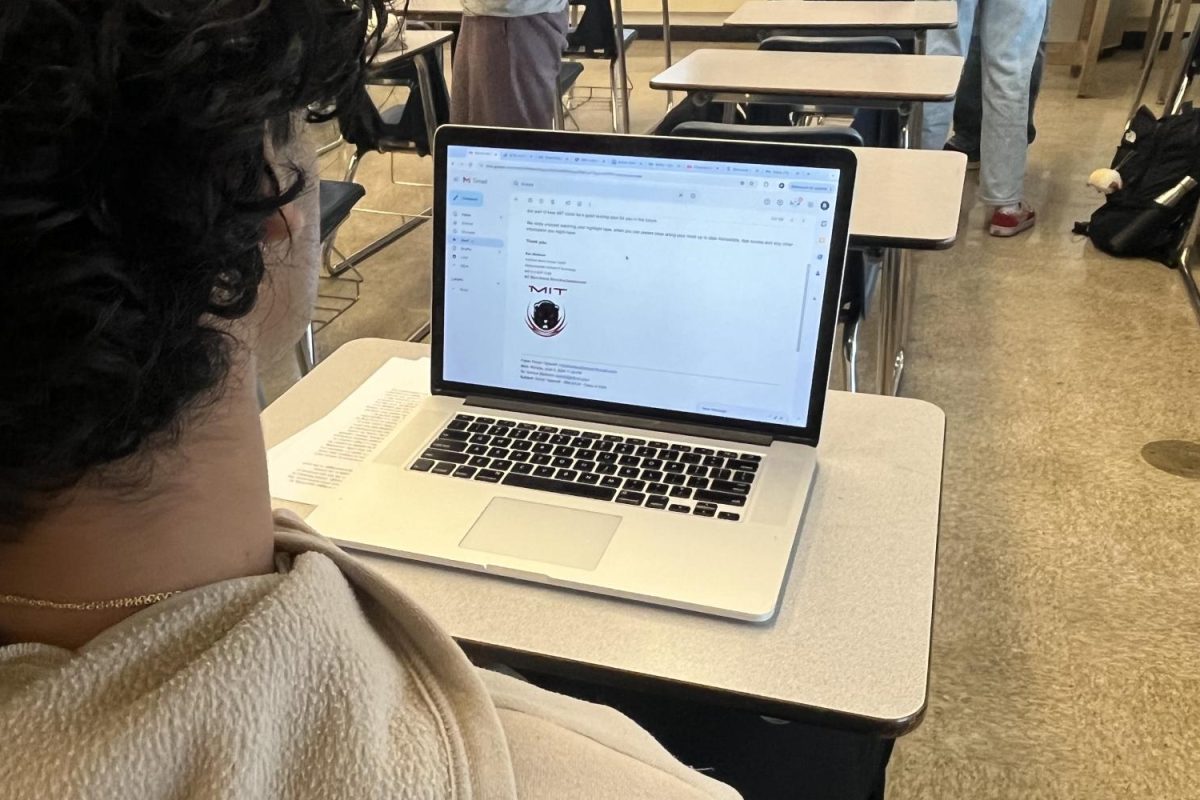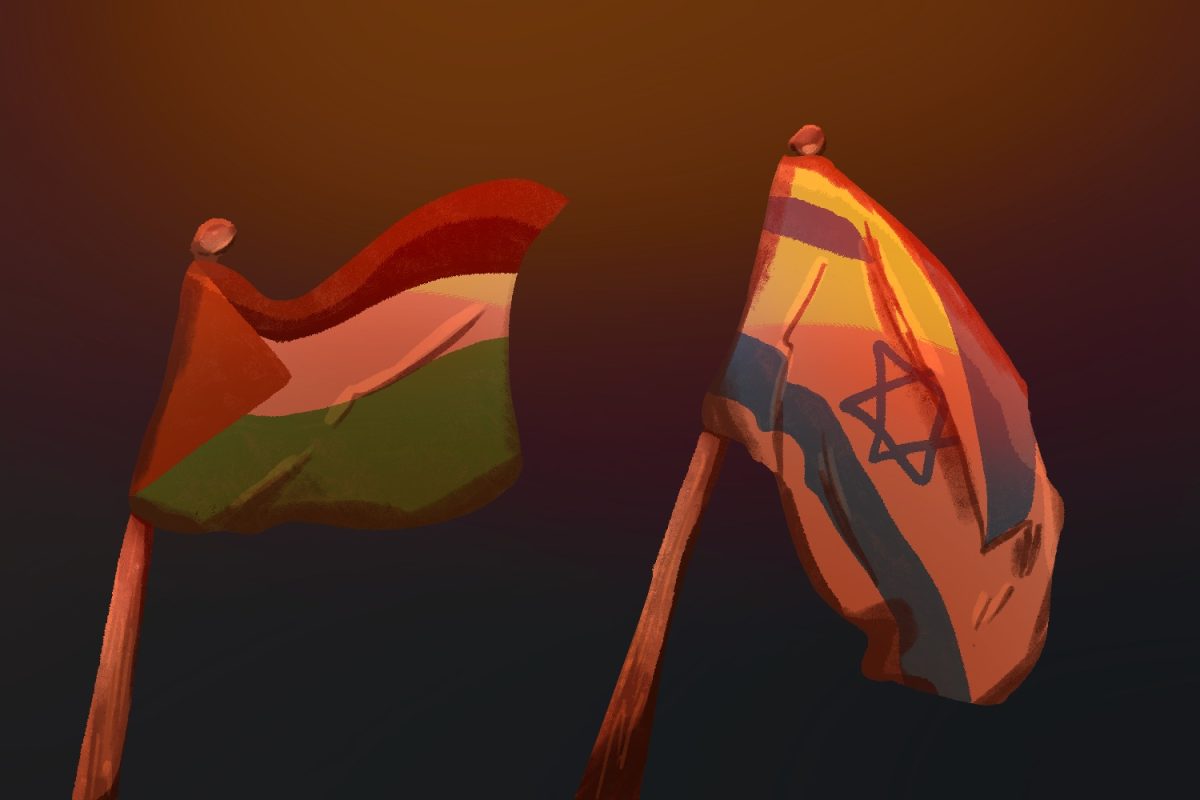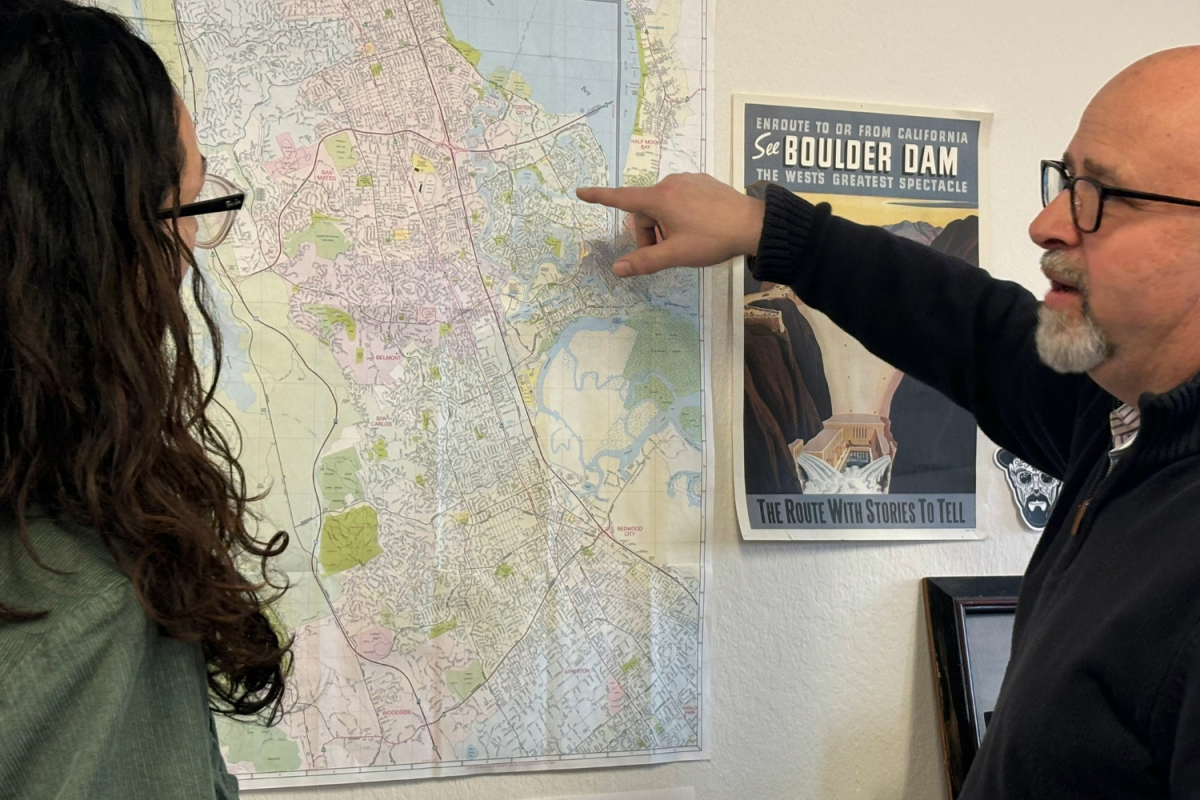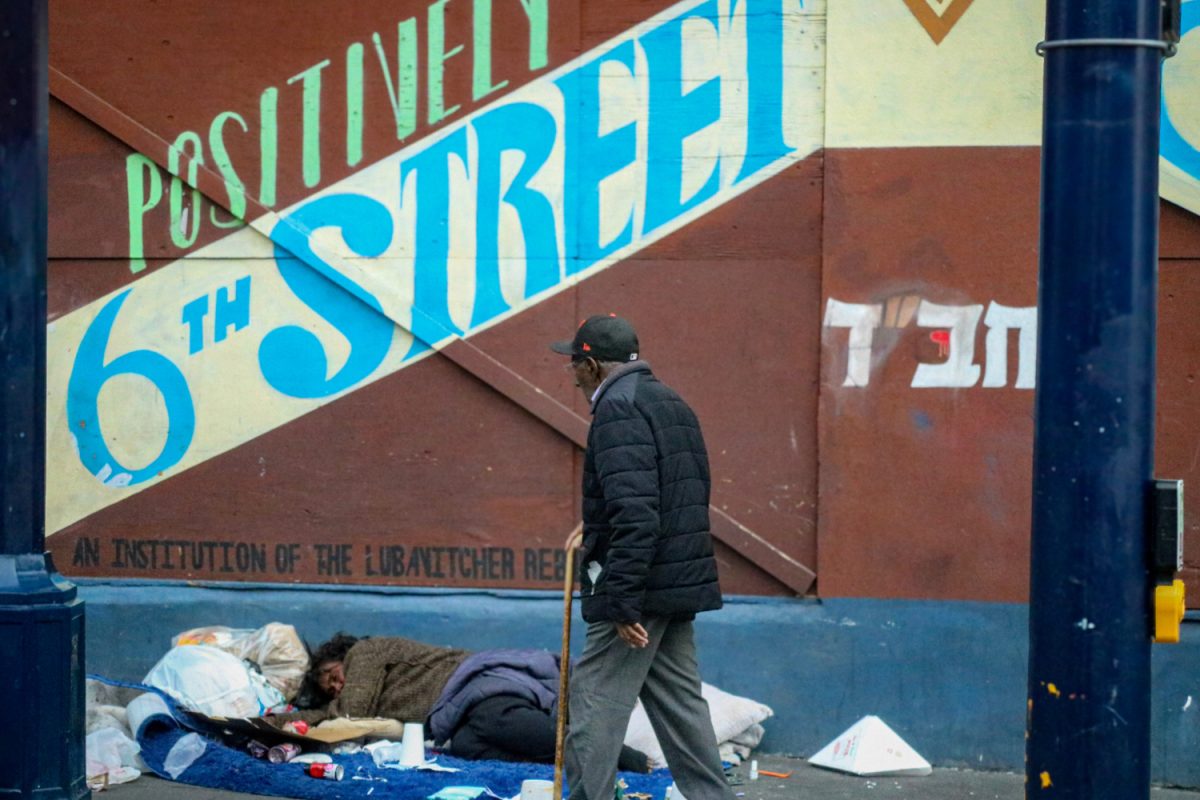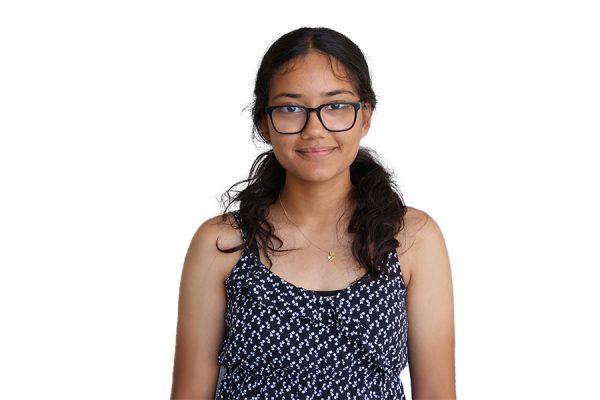Mahsa Amini was a 22-year-old living in Iran when she was taken into police custody and reported dead three days later, on Sept. 16.
The same report states that Amini was “severely beaten” by Iranian authorities during her detention before collapsing at the detention center and falling into a coma, then passing away after being transferred to a hospital.
Iranian officials claim that she died of a heart attack.
Amini was arrested by Iran’s morality police for wearing her hijab improperly, thus violating the strict dress codes Iran has for women wanting to go out in public.
The morality police are the national police in Iran who are responsible for ensuring that Iran’s Islamic values (including dress code) are followed.
“It is very oppressive to force a woman to wear a hijab,” said Tala Newell, an Iranian-American high school student. “Wearing a hijab should be a woman’s choice, not forced upon by the government. If someone wants to wear a hijab, that is fine. If they do not, then they should not be punished, thrown in jail, and beaten by the ‘morality police.'”
The death of Amini has sparked protests not just in Iran but all over the world as well. Women from Istanbul to Paris to Los Angeles have taken to the streets to show their solidarity.
Protests have consisted of women publicly cutting their hair, burning hijabs, and waving signs that say: “Women, life, freedom!”
“The protests in Iran make me feel proud of the fearless women and men that are standing up to the corrupt Iranian government that has been ruling over them for the last 43 years,” Newell said.
As a result of these protests, however, Iranian authorities have severely restricted (and even cut off) mobile Internet, WhatsApp, and Instagram in the country. As of Oct. 14, at least 224 people (including protestors, children, and Iranian officials) have been killed in the anti-hijab protests, and Iranian security forces are accused of gunning down 40 people.
These numbers continue to rise daily.
“These protests make me feel hopeful for the future, but it is incredibly sad that these protests are simply the outcome of violence, deaths, and overall injustice,” said Mina Alali, an Iranian-American influencer hoping to use her platform to spread information about what is happening in Iran. “People have been fighting against this oppression for decades, and I hate thinking that there may be more violent repercussions from the Iranian government as a result of these protests.”
Oct. 1 marked the death of the Islamic Revolutionary Guard Corps (IRGC) intelligence chief of the southeastern province of Sistan and Baluchestan, Colonel Ali Mousavi.
Mousavi was shot in the chest by a group of “anti-regime” gunmen in the provincial capital of Zahedan when armed protestors attacked police stations, resulting in the police open firing at the protestors.
The incident left 42 people killed and 200 more injured.
“The time is NOW for change – it actually should have been a long time ago, but here we are,” Alali said. “I just want everyone to be safe and get what they deserve; equality, justice, freedom of expression, and the right to wear what you choose.”
However, although Iran has cut off the Internet in the country, Jigsaw, a research team at Google, is working on spreading one of their products, a free virtual private network (VPN) called Outline, to the people of Iran in hopes of aiding them in spreading information about the situation in the country.
“Outline is very good and useful indeed, but it is not a complete and [always] useful solution,” said Mohammad Ghodrat, an Iranian-American Google employee. “The main issue with Iran is not VPN, but the Internet itself. When the government shuts down the whole Internet, having VPN is not solving any issue. I think Starlink is a better solution for cases like Iran.”
While the situation in Iran may be particularly distressing now, before the Iranian Revolution of 1979, Iran and its policies were as liberal as the United States.
“I don’t think a lot of people know about the history of this situation,” Alali said. “My father left Iran during the revolution, and hearing first-hand experience from him and his immediate family, as well as my family in Iran, whom I lived with for a short time in 2015, I learned so much and have so much admiration for what they’ve lived through.”
The Pahlavi Dynasty (also known as the Shah) was the last Iranian royal dynasty. It ruled for almost 54 years, between 1925 and 1979, before being overturned in the revolution.
“Oppression in Iran began during/after the revolution,” Alali said. “Before then, women were able to dress how they wanted, and Iranian culture was very much influenced by the United States. The overturn of the Shah drastically changed life in Iran, and I have shared some of this history and my thoughts on the matter on my social media pages, simply to inform my followers and show support for the Iranian people.”
According to Alali, the people of Iran have been fighting against the oppression in Iran ever since it began, but the death of Amini has been the breaking point, with citizens finally demanding justice.
The protests serve as an inspiration for others around the world, especially women. While some feel fearful for the future, others feel motivated by them.
“I feel energized and hopeful by seeing these protests in Iran and how bravely the Iranian people are fighting for their rights,” Ghodrat said. “I hope one day my own daughter will learn from these brave women and use it in all aspects of her life.”
Newell, among many others, encourages everyone to keep up-to-date with the conflict in Iran.
“To be honest, every human being in every country should be watching and rooting for the people of Iran,” Newell said. “Little girls are walking out without their hijabs and ripping out pictures from their textbooks of the dictators they have been forced to support. Women of all ages are walking out in the streets without their hijabs, knowing that they can be arrested by this simple act. The people are chanting death to the dictator and are begging the world to pay attention to their plight.”

